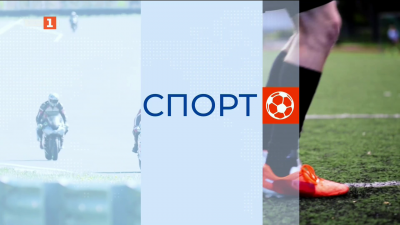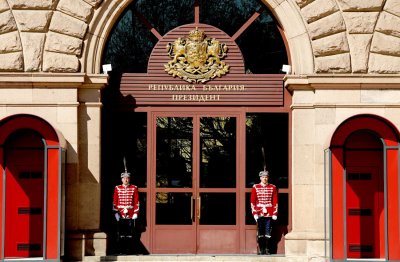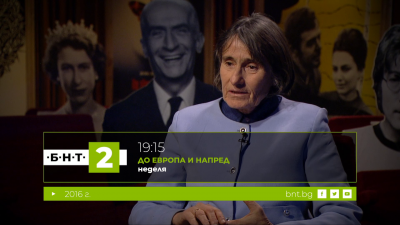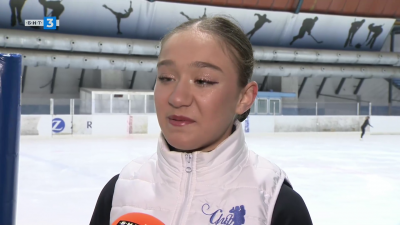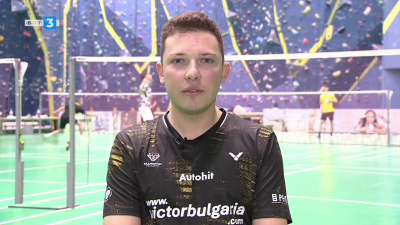Bulgaria's President signs Decree to dismiss Ivan Geshev from the post of Prosecutor General
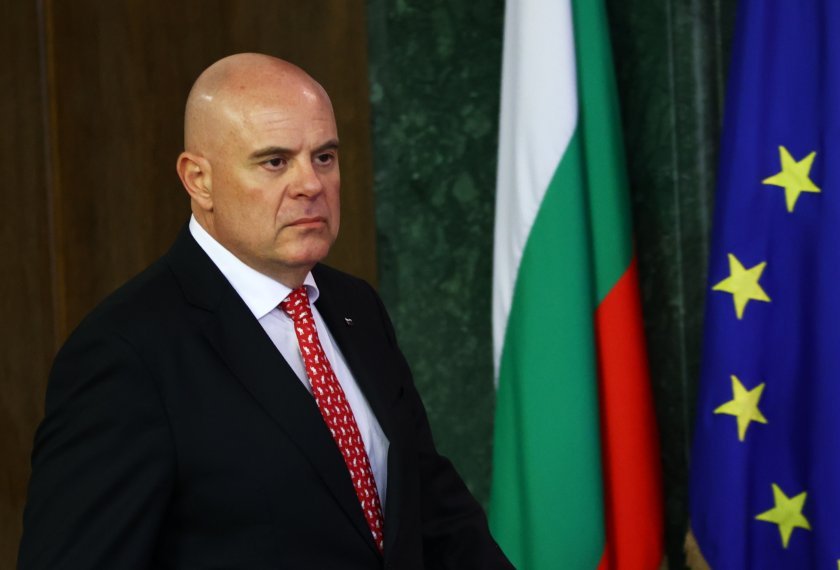
Bulgaria's President, Rumen Radev, signed a decree dismissing Ivan Geshev from the post of Prosecutor General, the Head of State’s press office said on June 15.
On Monday, June 12, the Supreme Judicial Council (SJC) voted to dismiss Prosecutor General Ivan Geshev.”. Sixteen members of SJC voted in favour and four opposed on a motion for the early dismissal of Ivan Geshev from the post, tabled by four members of the Prosecutors’ College in the SJC, accusing Geshev of harming the prestige of the judiciary by calling politicians in Parliament “political rubbish”.
The decision was taken in Geshev's absence as he left the SJC sitting early on Monday to fly to Strasbourg for a hearing in the European Parliament.
It will not be clear soon who will take the position of Prosecutor General. The ball is certainly now in the court of the Supreme Judicial Council, which should appoint an acting Prosecutor General. It is certainly clear that he or she must meet the requirements for a Prosecutor General.
Presumably, it must be a serving prosecutor, probably one of the deputy prosecutors general. At least that was the case years ago when the then Prosecutor General, Boris Velchev, resigned to become a member of the Constitutional Court. At that time, Velchev's then deputy, Boyko Naydenov, was appointed acting chief prosecutor until the election of Sotir Tsatsarov.
However, at that time, the SJC was not divided into colleges and worked as a whole body, both in terms of the Prosecutor’s office and the court. Now, however, there are two colleges in the SJC - a prosecutors’s college and a judges’s college, and the members of the council have come into conflict over who exactly should choose the acting Prosecutor General.
"Now the SJC has to appoint an acting prosecutor general and this should be done literally in the next few days because the functions of the prosecutor general, his powers, have to be performed. The Judiciary Act, unfortunately, does not specify how an acting Prosecutor General is to be appointed in the event of early dismissal. When it comes to the election of Prosecutor General, that is, the holder of the office, he/she may not be a serving prosecutor. We have had such cases back in the recent past. But the acting Prosecutor General cannot be other than a serving prosecutor. I think it should be a prosecutor from the Supreme Cassation Prosecutor's Office," said Atanaska Disheva, a member of the SJC.
"I am glad that the President issued this decree, thus ending the pressure that many colleagues in the country were subjected to to conduct some cases, perhaps not quite regulated, under the pressure of the now former Prosecutor General. Tomorrow morning we will meet with colleagues and discuss when to schedule a panel at which an interim Prosecutor General will be elected. There are requirements in the law which we will comply with. It envisages a deputy, probably to the Prosecutor General, the one with the largest work experience or someone else. This will be a discretion of the college, let's get together to discuss and we will decide," said Georgi Kuzmanov, a member of the SJC.
As soon as possible, the SJC will have to open a procedure for the nomination of a chief prosecutor, and this procedure will have to set out the terms the prosecutors’ college can nominate candidates for the post of Prosecutor General. According to the law, a minimum of three members of the prosecutors' college can nominate a candidate, as well as the Minister of Justice.
Get the latest news wherever you are!
Follow us on
Facebook
and
Instagram
Follow BNT’s YouTube channel
You can now also watch us on
TikTok
Find us on
Google News







